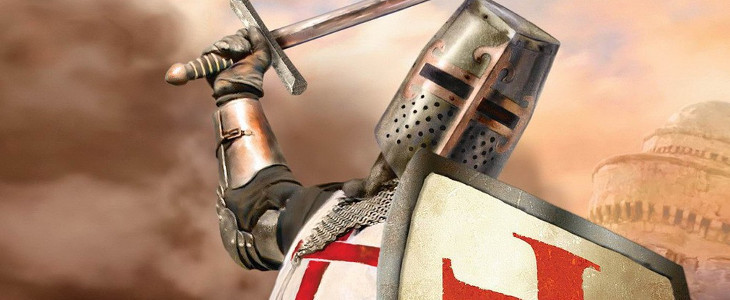Scrutage Tax | Buying out Military Service Obligation

In 1100 the English introduced a Feudal land tenure system for mounted knights called knight-service. The king issued knights with small blocks of land in exchange for them taking a vow of loyalty and accepting the obligation to perform military service. When the knights were called, they were required to provide forty days military service per year, whilst kitted out in their full armour and arms.
The military service varied from relatively safe tasks like standing guard at palaces, to fighting invading warriors until the death. Many knights were not keen on risking life and limb so instead took advantage of the opportunity to buy out their military service obligation. They did this by paying a tax called scutage.
Scutage existed under Henry I (reigned 1100–1135) and Stephen (reigned 1135–1154). Over time, warfare methods changed so knights were hardly used in military operations. As the king had less need for the knight’s military service, he instead began imposing the scutage on all knights to raise revenue.
Scutage was levied based on the assessed, or estimated, productivity of the knight’s land. This inexact taxation system resulted in great variances in the amount of tax paid for the same sized plot of land. During Edward III (reigned 1327–1377) scutage rapidly became obsolete as a source of revenue.
"You’d be stupid not to try to cut your tax bill and those that don’t are stupid in business"
- Bono: U2




